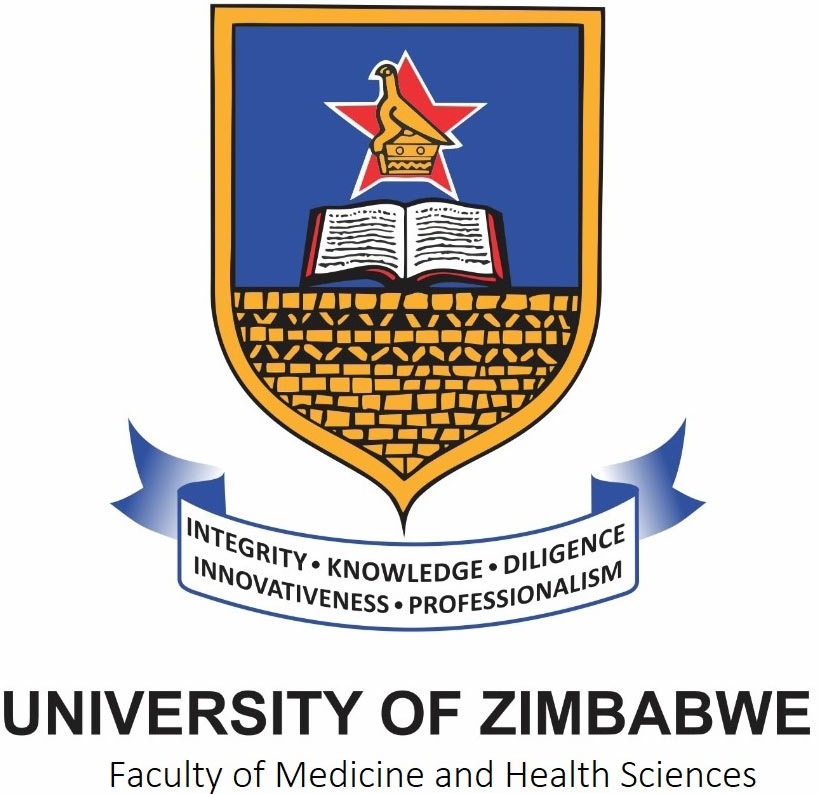Session 1
Completed study results and updates
-
Contraceptive Hormone Induced Changes: Final results – Mr A. Matubu:- ZimCHIC-Study Results
- Long Acting Injectable Rilpivirine Is Safe & Acceptable for HIV Prevention – Dr N. Mgodi:- HPTN-076 Results
- Genotype-directed dosing for Efavirenz – Dr T. Mbengeranwa:- P1070- Results
- R.E.A.L.I.T.Y. study results – Dr G. Musoro:- REALITY Study Results
- Safer Conception Strategies for HIV sero-discordant couples – Dr B. Mateveke:- SAFER Study
Session 2
Opening ceremony
- Welcome Remarks – Prof Z.M. Chirenje UZ-UCSF Executive Director
- Official Opening – Prof M. Chidzonga, Dean UZCHS
- Introducing Guest of Honour – Prof M. Mbizvo
- Keynote address: Population-based HIV Impact Assessments (PHIAs) – Dr J.E. Justman: PHIA Project 3 country summary
Session 3
Updates on Immune approaches and Pre-Exposure Prophylaxis
- Active and Passive Immunisation; Vaccine Induced Sero- Positivity –Dr N.Mkhize (NICD – RSA): Passive and Active Immunization
- State of vaccine research – Dr L. Stranix-Chibanda: State of Vaccine Research in Zimbabwe
- Antibody mediated prevention – Dr P.G. Marimbe-Nyatsambo: Antibody Mediated Prevention: HVTN 703/HPTN 081 Update
- State of prevention science for young women – Dr S. Mukaka: Adolescent PrEP Studies
- Perspectives of HIV Prevention in Young Women – Miss A. Soza (UZ-UCSF Youth CAB)
Session 4
TB and ART for cure
- State of HIV Cure research – Prof J.G. Hakim: State of HIV Cure Research Hakim
- Early ART for HIV remission –Dr W. Samaneka: A5354
- MDRTB Epidemic Update – Dr C. Sandy (MoHCC, AIDS & TB Unit): MDR TB Update
- Community Attitudes to TB – Ms M. Tholanah (UZ-UCSF main CAB): Community Perspectives on TB
- Pharmacokinetics of once-weekly Rifapentine and Isoniazid in Women with Latent Tuberculosis Infection – Mrs T. Mhembere: Pharmacokinetics of once-weekly Rifapentine and Isoniazid in Women with Latent Tuberculosis Infection
- TB Treatment Shortening Regimens & Prevention of MDRTB in Household Contacts – Mr W. Gurupira: TB Treatment Shortening Regimens & Prevention of MDRTB in Household Contacts

